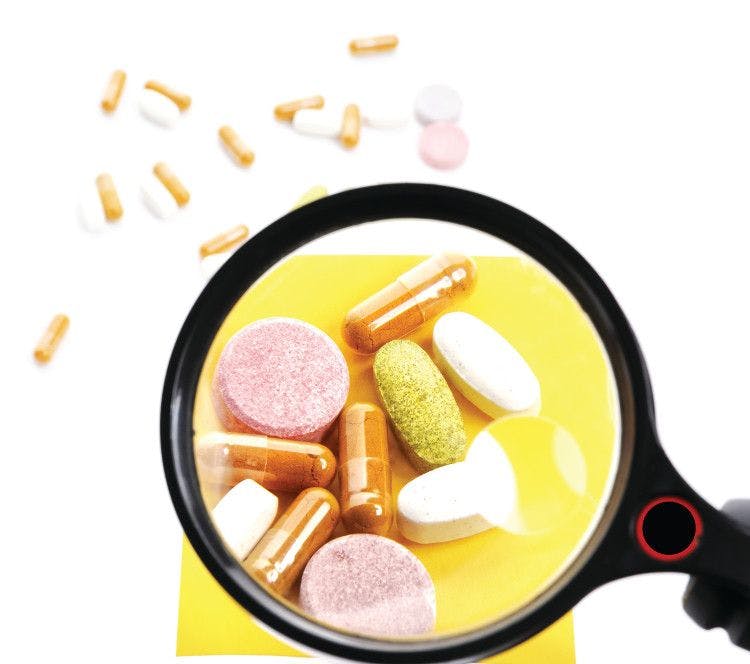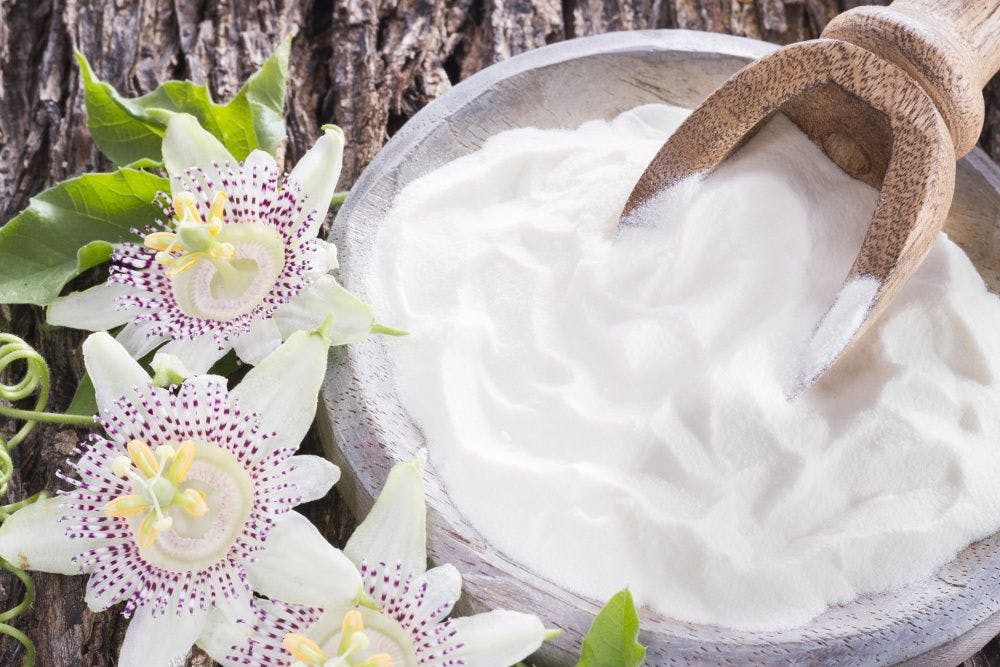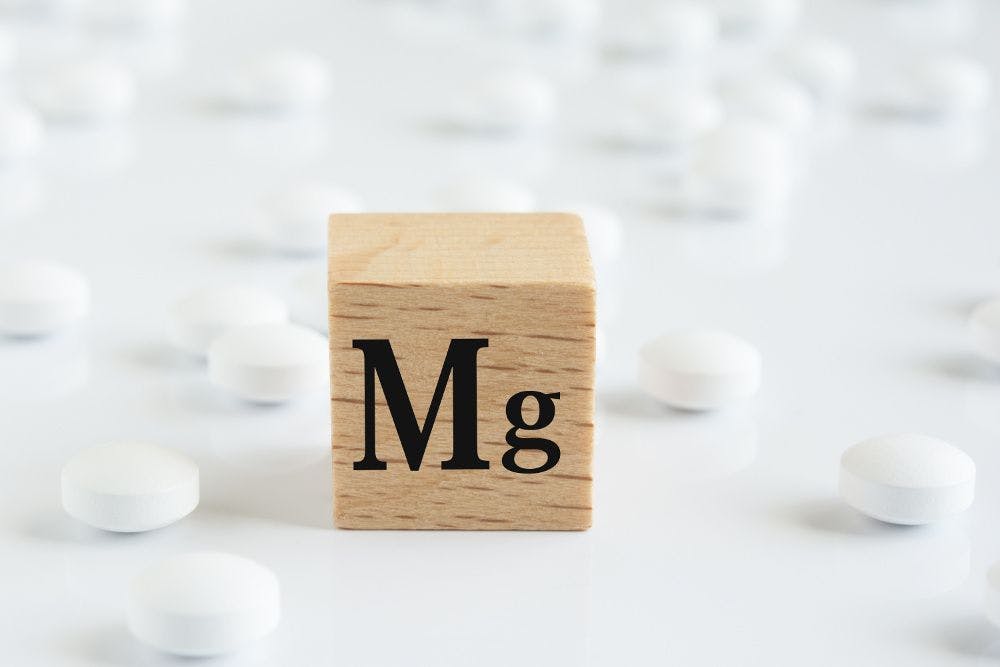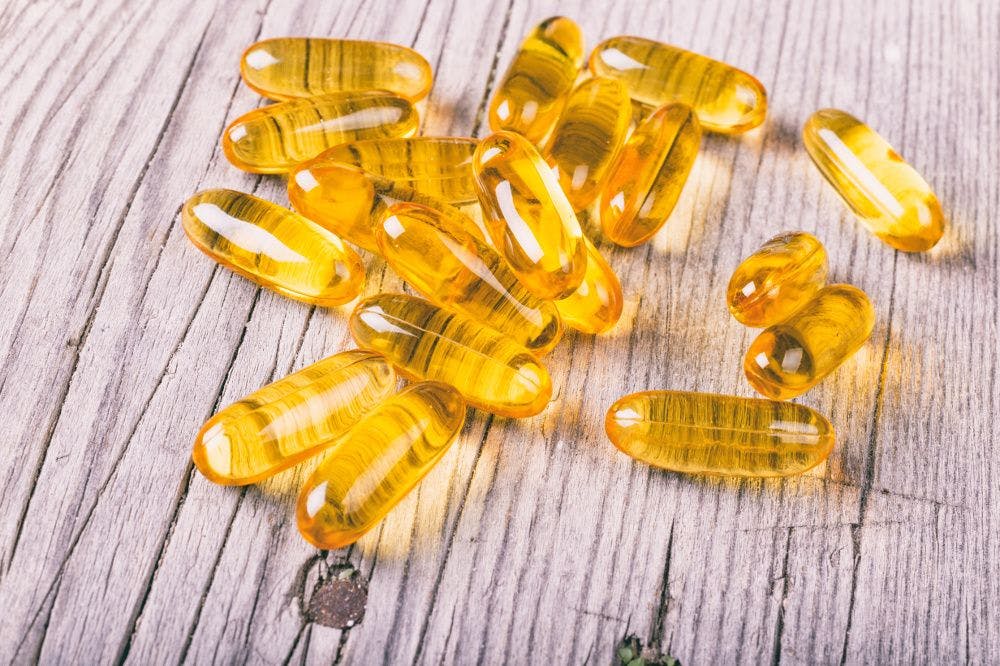2019 Ingredient trends to watch for food, drinks, and dietary supplements: CBD
CBD will be the highest-profile ingredient of 2019. All eyes will be on regulators as this market continues to mushroom. In the meantime, the industry will have to lead itself, making high-quality products that demonstrate safety and efficacy.
Photo © AdobeStock.com/Elroi
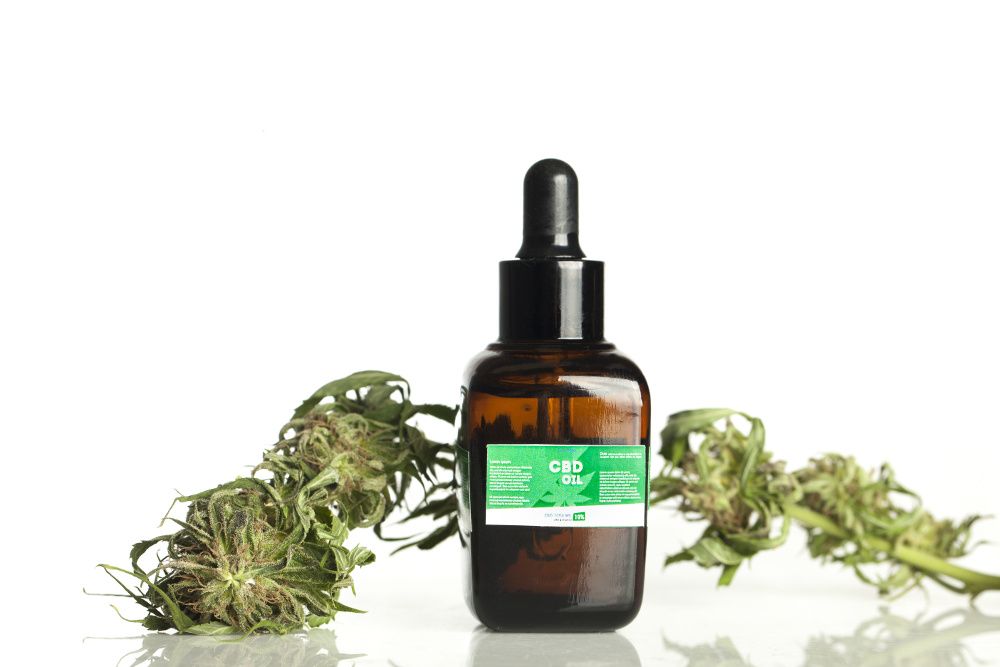
The rise in hemp-derived cannabidiol (CBD) products on the market has been astronomical. While the recent passage of the 2018 Farm Bill ensures that the hemp agriculture industry will continue to prosper, the bill’s passage does nothing to clear up questions about whether non-pharmaceutical hemp-derived CBD products are legal. While the Farm Bill sees hemp removed from Schedule I of the Controlled Substances Act, defining it as distinct from marijuana, and placed under the jurisdiction of the U.S. Department of Agriculture (USDA), jurisdiction of finished products remains under the control of FDA. FDA continues to hold the opinion that CBD cannot be marketed as a dietary supplement because of an investigational new drug (IND) clause that forbids the use of an ingredient in a dietary supplement if it was first studied for use in a drug. In this case, GW Pharmaceuticals has studied CBD for the treatment of epilepsy. Last year, FDA officially approved GW’s CBD drug, Epidiolex.
“With dietary supplements, our view has not changed from what we’ve stated in the past and what we continue to point to: CBD falls within the [IND] exclusion clause,” explained Steve Tave, director of FDA’s Office of Dietary Supplement Programs, at the Council for Responsible Nutrition’s The Conference in October 2018. “It’s an ingredient that’s been studied and authorized in publicized clinical trials, and therefore CBD cannot be used lawfully in dietary supplement products. Period. Full stop.”
So, while the Farm Bill’s green light on industrial hemp agriculture gives hope and excitement to many, on the question of whether products made with CBD specifically are allowed, many in the supplements industry feel like they are feeling their way down a dark hallway.
The uncertainty surrounding CBD hasn’t stopped a burgeoning market. According to the American Botanical Council’s (ABC; Austin, TX) latest HerbalGram Herb Market Report1, published in September 2018, CBD ingredient sales grew 303% in the U.S. natural channel in 2017 compared to the previous year, to $7,583,438. The following year saw even greater growth. According to SPINS (Chicago, IL), in the U.S. natural channel in the 52 weeks ending November 4, 2018, CBD ranked fully in 7th place on a list of the 25 top-selling ingredients in the natural channel, with CBD sales in that channel amounting to $40,393,188-a 382% increase from the previous year, when CBD grossed only $8,377,750. That is an enormous jump for an ingredient operating in regulatory gray area.
As the hemp-derived CBD category continues to mature, responsible manufacturers must take the lead and demonstrate how to safely produce and sell CBD products. For example, in September 2018, CV Sciences (San Diego, CA) announced self-affirmed Generally Recognized as Safe (GRAS) status for its PlusCBD Gold Formula, coinciding with the release of its hemp-derived CBD gummy. This GRAS assessment is based on a set of toxicology studies that the company said are the first peer-reviewed toxicology reports published on hemp extracts since 1981, and the first ever conducted on a CBD-containing extract.
With this new scientific toxicological data, CV Sciences said it hopes to change the optics of hemp-derived CBD. Releasing a gummy was a big part of that as well. “[Hemp-derived CBD] has equally as big a future in the functional food category as it does in the dietary supplement category. We see how these functional foods have blurred the lines in every single way between food and nutrition and dietary supplements, and we see CBD as the perfect adjunct or hero ingredient to be included in a litany of food products,” explained Stuart Tomc, vice president of human nutrition at CV Sciences. “We’re trying to set an example: we’re responsible actors and we’re trying to set an example of how we can walk this fine line of a fun functional remedy done responsibly.”
Ultimately, self-regulation is crucial. The success of the category to this point has clearly convinced Congress that hemp can be a valuable agricultural commodity, but while CBD’s legitimacy remains under question by FDA, manufacturers must be nothing short of perfect in order to deflate any arguments by the agency that would threaten the ingredient’s future. Industry-wide, self-regulation has been the answer to criticism of the dietary supplement industry. CBD sits in a gray area, and there needs to be some sort of framework for quality control. This is all the more important as more fly-by-night companies enter the marketplace, making dubious claims. The most recent example of a self-regulatory initiative in the CBD space is the U.S. Hemp Authority Certification Program, which provides guidance for best practices and third-party audits to certify growers and processors of hemp products. Announced late last year, this new certification program is funded by the U.S. Hemp Roundtable.
Currently, FDA, based on its interpretation of the U.S. Federal Food, Drug, and Cosmetic Act, has not altered its position on CBD-but it also has not, up to this point, taken action against hemp-derived-CBD manufacturers, outside of warning letters sent to companies making blatant disease claims. Many believe that FDA has the power to change its own position on CBD, noting that the U.S. Secretary of Health and Human Services could issue a regulation following a notice and public comment period that would make CBD a lawful dietary ingredient. The Secretary can do this under a provision of the Dietary Supplement Health and Education Act, though the provision has never been utilized since the law’s passage.
“If FDA does nothing, the agency is essentially declaring this to be an unregulated class of goods that’s inconsistent with the agency’s strong commitment to protecting public health,” said Michael McGuffin, president of the American Herbal Products Association (AHPA; Silver Spring, MD), during a December AHPA-sponsored webcast on the subject of the 2018 Farm Bill. “[AHPA] thinks that we can influence the agency to urge the Secretary of Health and Human Services to grant the exemption.” In late January, Democratic Senators Ron Wyden and Jeff Merkley from Oregon sent a letter to FDA urging the agency to “immediately begin updating regulations for hemp-derived CBD and other hemp-derived cannabinoids, and give U.S. producers more flexibility in the production, consumption, and sale of hemp products.”
CBD will be the highest-profile ingredient of 2019. All eyes will be on regulators as this market continues to mushroom. In the meantime, the industry will have to lead itself, making high-quality products that demonstrate safety and efficacy.
2019 Ingredient Trends to Watch for Food, Drinks, and Dietary Supplements:
- CBD
References:
- Smith T et al. “Herbal supplement sales in US increased 8.5% in 2017, topping $8 billion.” HerbalGram, no. 119 (2018): 62-71
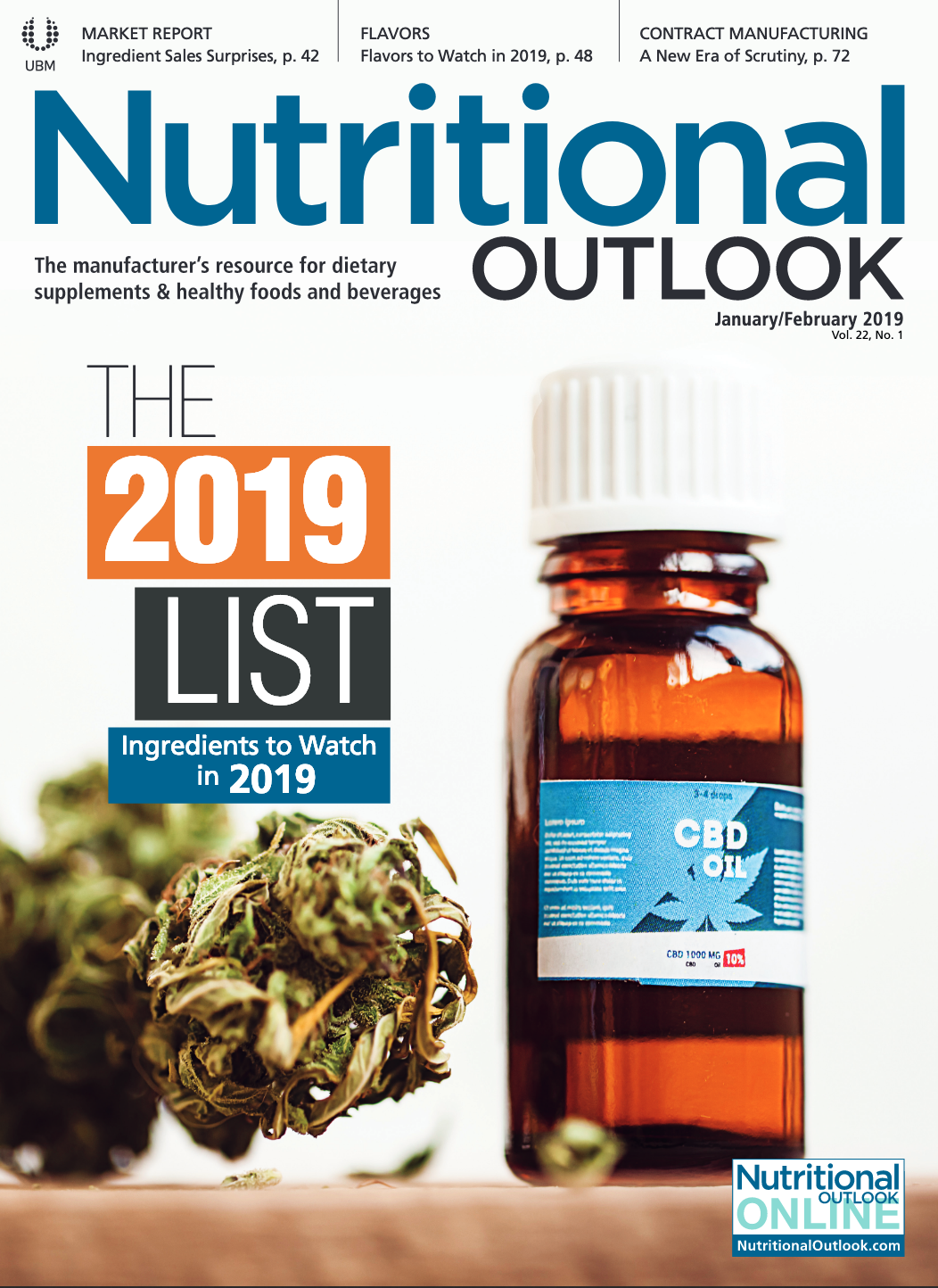
Prinova acquires Aplinova to further increase its footprint in Latin America
April 7th 2025Prinova has recently announced the acquisition of Brazilian ingredients distributor Aplinova, which is a provider of specialty ingredients for a range of market segments that include food, beverage, supplements, and personal care.






